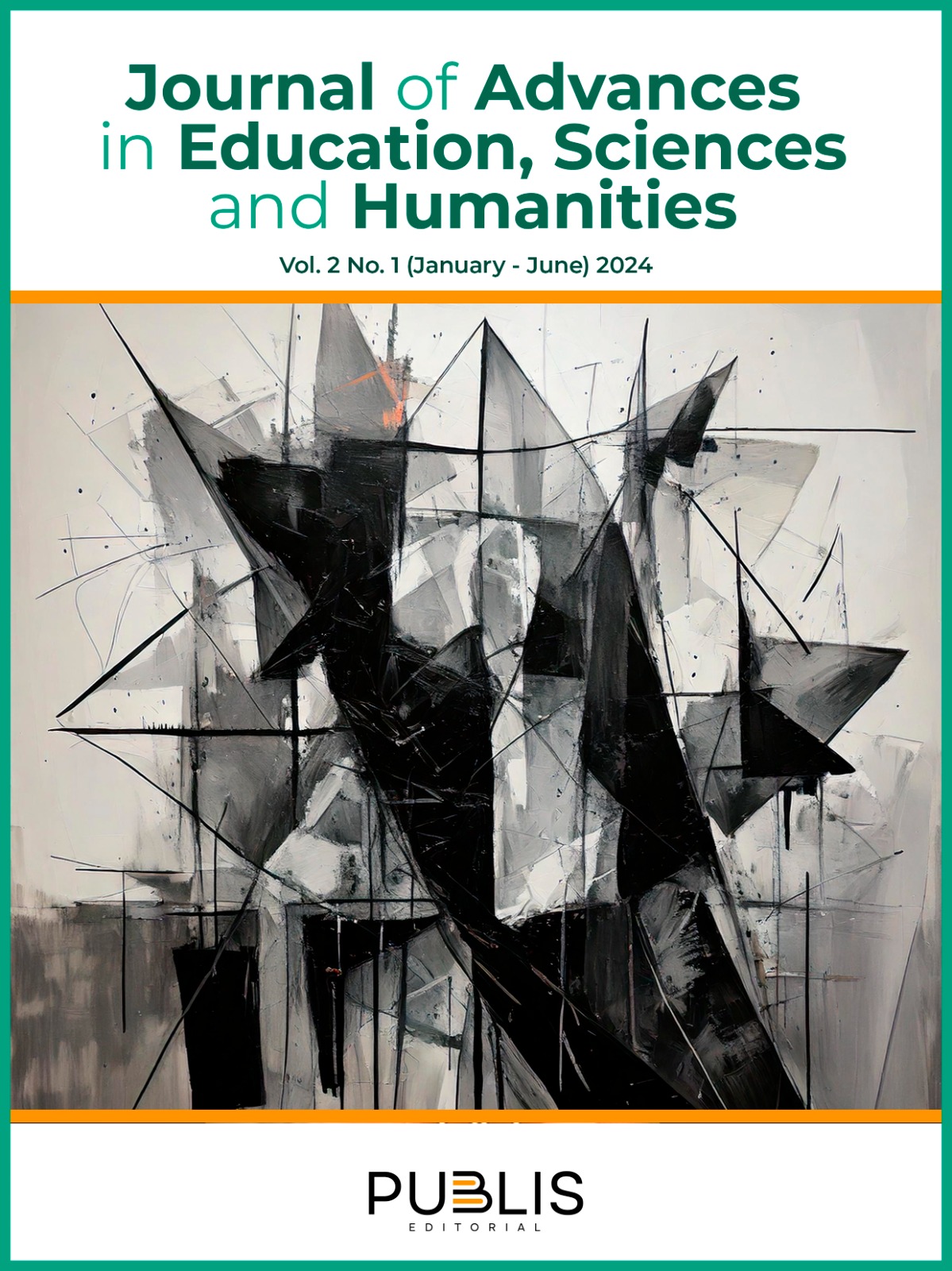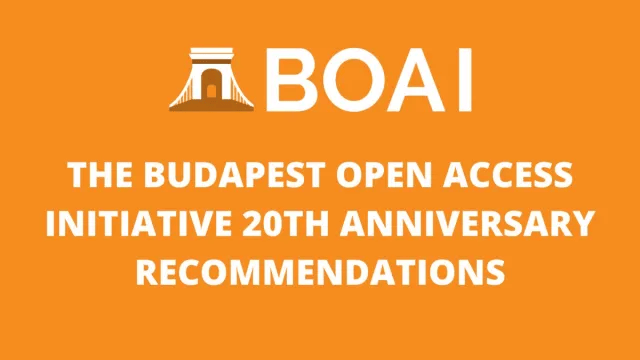Gamification as an active learning strategy through clinical cases: impact on medical training
DOI:
https://doi.org/10.5281/zenodo.14602327Keywords:
gamification, active learning, interactive teaching, medical training, barriers in education, pedagogical strategiesAbstract
Gamification has become an innovative educational strategy, especially in medical training because it promotes active learning and student engagement. This review article aims to analyze the impact of gamification in medical education, identifying its benefits, limitations, and the challenges associated with its implementation. Recent studies evaluating the use of gamified elements, such as serious games, interactive applications, and clinical simulations, in teaching theoretical and practical skills were reviewed. The results indicated that gamification enhances motivation and enjoyment of learning, promotes critical thinking development, and facilitates knowledge retention, even in complex clinical scenarios. However, barriers such as resistance to change from teaching staff and the need for adequate technological resources were also identified.
Downloads
References
Aldalur, I. & Perez, A. (2023). Gamification and discovery learning: Motivating and involving students in the learning process. Heliyon, 9(1), e13135. https://doi.org/10.1016/j.heliyon.2023.e13135
Alzghoul, B. (2024). The Effectiveness of Gamification in Changing Health-related Behaviors: A Systematic Review and Meta-analysis. Open Public Health Journal, 17, e18749445234806. https://doi.org/10.2174/0118749445234806240206094335
Cascella, M., Cascella, A., Monaco, F., & Shariff, M.N. (2023). Envisioning gamification in anesthesia, pain management, and critical care: basic principles, integration of artificial intelligence, and simulation strategies. J Anesth Analg Crit Care, 3(1), 33. doi: https://doi.org/10.1186/s44158-023-00118-2
Chans, G.M., & Portuguez, M. (2021). Gamification as a Strategy to Increase Motivation and Engagement in Higher Education Chemistry Students. Computers, 10(10), 132. https://doi.org/10.3390/computers10100132
Do, M., Sanford, K., Roseff, S., Hovaguimian, A., Besche, H., & Fischer, K. (2023). Gamified versus non-gamified online educational modules for teaching clinical laboratory medicine to first-year medical students at a large allopathic medical school in the United States. BMC Medical Education, 23, 959. https://doi.org/10.1186/s12909-023-04951-5
Dorado, C., & Chamosa, M.E. (2019). Gamificación como estrategia pedagógica para los estudiantes de Medicina nativos digitales. Investigación en educación médica, 8(32), 61-68. https://doi.org/10.22201/facmed.20075057e.2019.32.18147
Fica, A., Burgess, V., González, T., & Rojas, M. (2022). Gamificación en Medicina de Urgencia. Revista Española de Educación Médica, 3, 58-68. https://doi.org/10.6018/edumed.531501
Gajardo, A.D., Murillo-Zamorano, L.R., López-Sánchez, J., & Bueno-Muñoz, C. (2023). Gamification in Health Care Management: Systematic Review of the Literature and Research Agenda. Sage Open, 13(4). https://doi.org/10.1177/21582440231218834
Hellín, C.J., Calles-Esteban, F., Valledor, A., Gómez, J., Otón-Tortosa, S., & Tayebi, A. (2023). Enhancing Student Motivation and Engagement through a Gamified Learning Environment. Sustainability, 15(19), 14119. https://doi.org/10.3390/su151914119
Huang, W.D., Loid, V., & Sung, J.S. Reflecting on gamified learning in medical education: a systematic literature review grounded in the Structure of Observed Learning Outcomes (SOLO) taxonomy 2012-2022. BMC Medical Education, 24(1), 20. https://doi.org/10.1186/s12909-023-04955-1
Ishizuka, K., Shikino, K., Kasai, H., Hoshina, Y., Miura, S., Tsukamoto, T., Yamauchi, K., Ito, S., & Ikusaka, M. (2023). The influence of Gamification on medical students’ diagnostic decision making and awareness of medical cost: a mixed-method study. BMC Medical Education, 23, 813. https://doi.org/10.1186/s12909-023-04808-x
Kalogiannakis, M., Papadakis, S., & Zourmpakis, A.I. (2021). Gamification in Science Education. A Systematic Review of the Literature. Education Sciences, 11(1), 22. https://doi.org/10.3390/educsci11010022
Khan, K.S., Bueno-Cavanillasa, A., & Zamora, J. (2022). Revisiones sistemáticas en cinco pasos: II. Cómo identificar los estudios relevantes. Medicina de Familia – SEMERGEN, 48(6), 431-436. https://doi.org/10.1016/j.semerg.2021.12.006
Leon, A., & Peña, M. (2022). Gamification tools in the learning of shipbuilding in the undergraduate marine engineering education. 30(2), 458-471. https://doi.org/10.1002/cae.22465
McLean, S.F. (2016). Case-Based Learning and its Application in Medical and Health-Care Fields: A Review of Worldwide Literature. Journal of Medical Education and Curricular Development, 27, S20377. https://doi.org/10.4137/JMECD.S20377
Padilla, J.M., Parra, M.C., & Flores, M.P. (2024). Escape Rooms virtuales: una herramienta de gamificación para potenciar la motivación en la educación a distancia. Revista Iberoamericana de Educación a Distancia, 27(1). https://doi.org/10.5944/ried.27.1.37685
Pawar, V.V., & Pawar, D. (2024). Gamification in medical education: A new approach. Oral Oncology Reports, 9, 100209. https://doi.org/10.1016/j.oor.2024.100209
Pons, L., & Sonsoles, I. (2020). Evaluación de una propuesta de aprendizaje basado en juegos de rol llevada a cabo en la asignatura de Cultura Científica de Bachillerato. Revista de estudios y experiencias en educación, 19(39), 123-144. https://dx.doi.org/10.21703/rexe.20201939pons7
Salazar, P., Manterola C., Quiroz G., García, N., Otzen, T., Mora, M., & Duque, G. (2019). Estudios de cohortes. 1ᵃ parte. Descripción, metodología y aplicaciones. Revista de cirugía, 71(5), 482-493. https://dx.doi.org/10.35687/s2452-45492019005431
Sánchez, A.J., Miranda, M.T., & Guerra, E. (2008). Estudio estadístico del consumo de suplementos nutricionales y dietéticos en gimnasios. Archivos Latinoamericanos de Nutrición, 58(3). https://www.alanrevista.org/ediciones/2008/3/art-2/
Smiderle, R., Rigo, S.J., Marques, L.B., Peçanha de Miranda, J.A., Coelho, M., & Jaques, P.A. (2020). The impact of gamification on students’ learning, engagement and behavior based on their personality traits. Smart Learning Environments, 7, 3. https://doi.org/10.1186/s40561-019-0098-x
Wang, Y.F., Hsu, Y.F., Fang, K.T., & Kuo, L.T. (2024). Gamification in medical education: identifying and prioritizing key elements through Delphi method. Medical Education Online, 29(1), 2302231. https://doi.org/10.1080/10872981.2024.2302231
Xu, M., Luo, Y., Zhang, Y., Xia, R., Qian, H., & Zou, X. (2023). Game-based learning in medical education. Frontiers in Public Health, 11, 1113682. https://doi.org/10.3389/fpubh.2023.1113682
XXV Congreso Nacional y I Congreso Internacional de la Sociedad Española de Educación Médica (SEDEM). (2023). Educación Médica, 24(2023), S8-S28.
Yu, H., Isahakyan, A., van Merrienboer, J.J.G., Köhler, S.E., & Asoodar, M. (2023). Second language learning role-play: effects of patient and doctor roles on motivation and competence. Frontiers in Medicine, 10, 1163267. https://doi.org/10.3389/fmed.2023.116326
Published
Data Availability Statement
Not applicable.
Issue
Section
License
Copyright (c) 2025 Mayda Beltrán, Denise Vega (Author)

This work is licensed under a Creative Commons Attribution-NonCommercial-ShareAlike 4.0 International License.




































